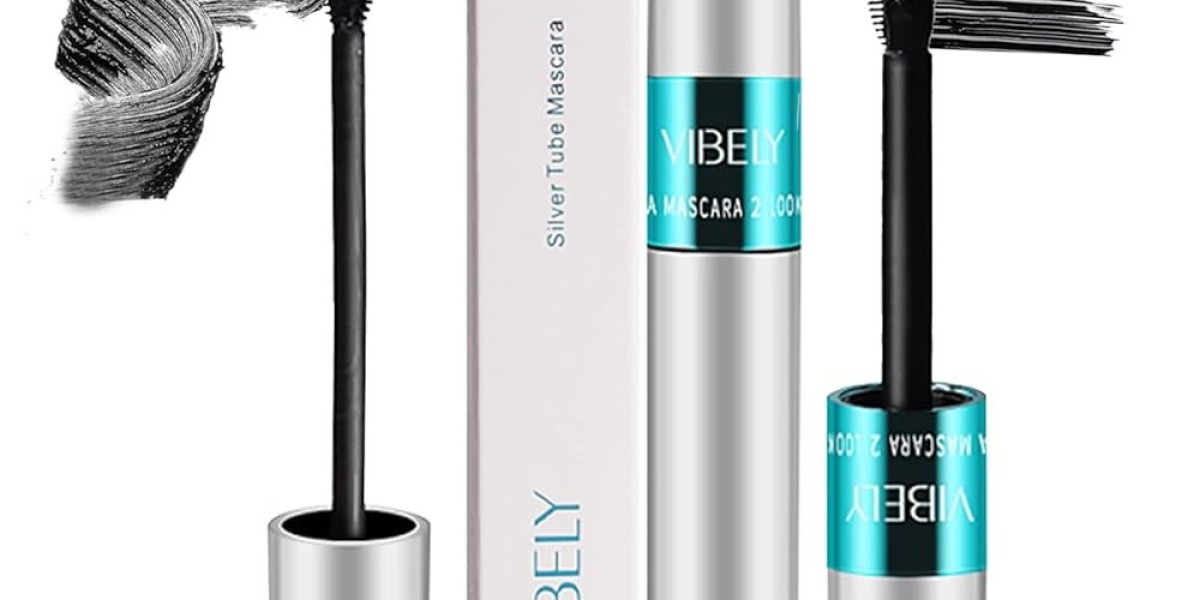Furniture is more than just functional—it’s a reflection of lifestyle, personality, and evolving trends. As we move further into 2025, the world of furniture design continues to innovate, blending comfort, sustainability, technology, and aesthetics. Whether you're redesigning your home, office, or a commercial space, staying updated with the Latest Furniture trends can help you create spaces that are stylish, efficient, and future-ready.
1. Sustainable and Eco-Friendly Materials
One of the strongest trends in modern furniture is the use of sustainable materials. As consumers become more environmentally conscious, designers are opting for materials that are renewable, recyclable, or upcycled.
Bamboo, reclaimed wood, recycled metals, and natural fabrics like linen and cotton are popular.
Many brands are also reducing their carbon footprint by using water-based finishes and non-toxic adhesives.
Modular and flat-pack designs are being preferred for their minimal waste and efficient shipping.
2. Smart Furniture and Technology Integration
The fusion of furniture with smart technology is revolutionizing interiors.
Smart sofas and beds now come equipped with built-in speakers, charging ports, LED lights, and even massage features.
Adjustable standing desks, smart coffee tables with mini-fridges, and AI-powered office chairs are trending in work-from-home and office setups.
Voice-controlled features and app-integrated controls offer a futuristic touch to modern homes.
3. Multifunctional and Space-Saving Furniture
Urban living often comes with limited space, prompting a rise in multifunctional furniture that adapts to user needs.
Murphy beds, convertible sofas, and foldable dining tables allow for flexibility in compact spaces.
Storage beds, ottomans with compartments, and modular shelving systems help keep spaces clutter-free.
Furniture that transforms—like a coffee table turning into a desk—is in high demand.
4. Minimalism with a Touch of Luxury
Minimalism continues to dominate, but it’s now being paired with luxurious textures and accents.
Clean lines, neutral palettes, and uncluttered spaces remain essential.
Rich materials like velvet, marble, brushed brass, and leather bring an upscale feel.
Statement pieces like a sculptural chair or a designer lighting fixture add elegance without overwhelming the space.
5. Nature-Inspired and Organic Designs
Biophilic design, which connects interiors with nature, is influencing furniture aesthetics in a big way.
Expect to see curved shapes, organic forms, and earthy tones.
Rattan, cane, jute, and terracotta elements are increasingly common.
Furniture that mimics natural elements, like stone-textured finishes and leaf-like contours, adds warmth and tranquility to spaces.
6. Bold Colors and Unique Textures
While neutrals still dominate, bold colors are making a comeback in accent furniture.
Shades like forest green, deep navy, terracotta, and burnt orange are popular in 2025.
Mix-and-match upholstery, patchwork designs, and textured fabrics like bouclé, chenille, and tweed add depth and character.
Contrasting color palettes and tactile finishes help personalize interiors.
7. Retro and Vintage Revival
Nostalgia plays a significant role in today’s furniture choices. Retro-inspired designs from the '60s, '70s, and '80s are being reimagined for the modern era.
Think mid-century modern coffee tables, art deco armchairs, and vintage-inspired cabinets.
Designers are blending vintage silhouettes with modern materials to create timeless pieces.
Thrifted and upcycled vintage furniture is also gaining popularity among eco-conscious consumers.
8. Customization and Personal Expression
Consumers are seeking furniture that reflects their personality and fits their unique space.
Brands now offer customizable options for fabrics, colors, finishes, and configurations.
3D visualization tools allow buyers to design their own furniture digitally before purchase.
The focus is on furniture that feels tailored—not mass-produced.
9. Outdoor Furniture that Blends Indoors and Outdoors
As outdoor spaces become extensions of indoor living, outdoor furniture is being designed with as much style and comfort as indoor pieces.
Sofas, dining sets, and loungers for patios or balconies now come in weather-resistant materials with plush cushions.
Blurred boundaries between indoor and outdoor styles are leading to more cohesive home designs.
Natural colors, woven textures, and durable materials like teak, aluminum, and synthetic rattan dominate outdoor collections.
10. Ergonomic and Wellness-Centered Designs
Health-conscious furniture is becoming more mainstream, especially with the growing emphasis on well-being and home offices.
Ergonomic chairs, adjustable desks, and supportive mattresses prioritize posture and comfort.
Furniture that encourages movement, like active sitting stools or treadmill desks, supports healthier lifestyles.
Materials that are hypoallergenic or antimicrobial are gaining attention in wellness-oriented spaces.
Conclusion: A New Era in Furniture Design
The latest furniture trends in 2025 emphasize versatility, sustainability, personalization, and well-being. Whether you prefer minimalist aesthetics or maximalist statements, there’s something for every taste. By embracing innovation while staying grounded in comfort and function, modern furniture is transforming our spaces into havens that reflect who we are—and how we want to live.






